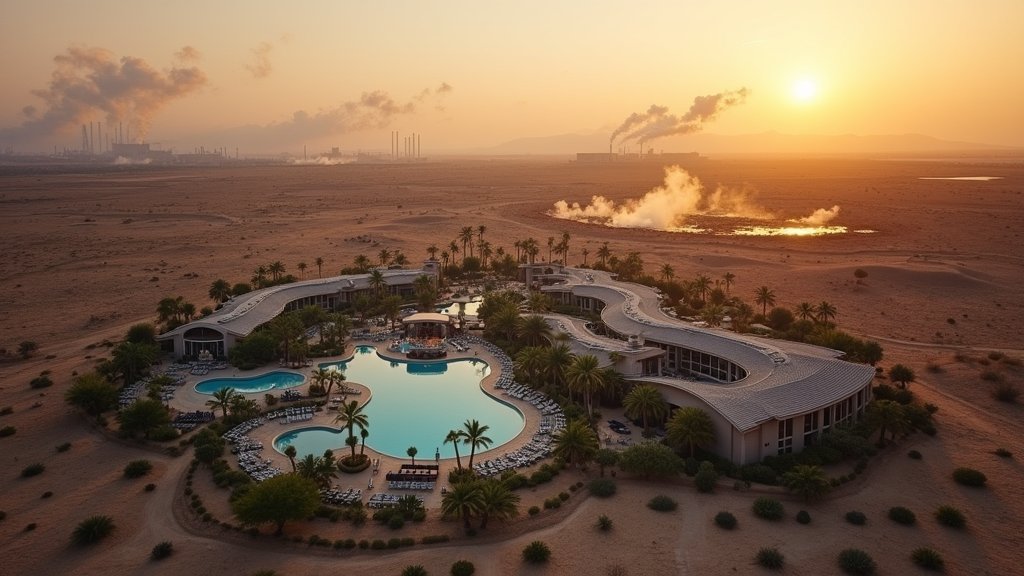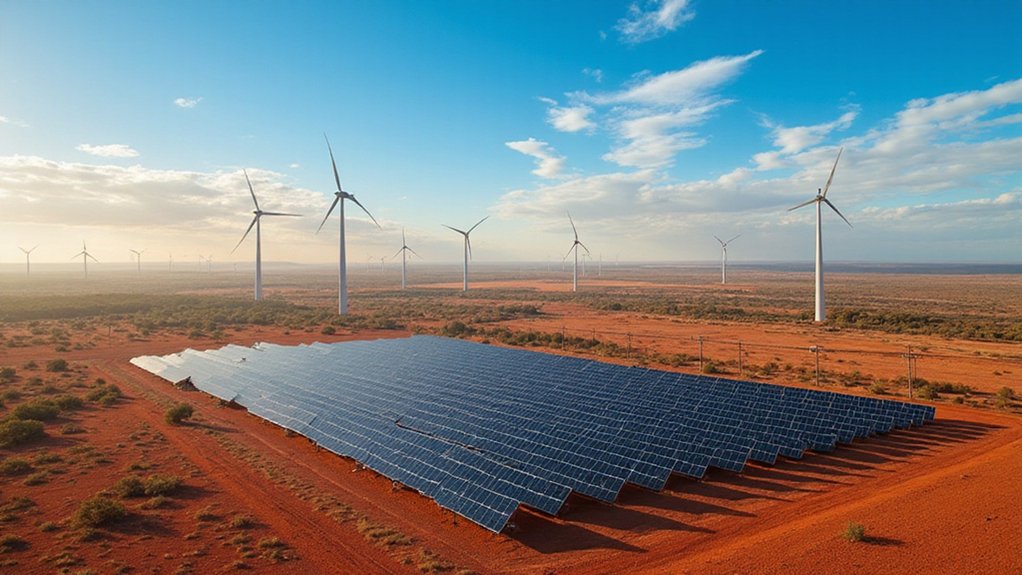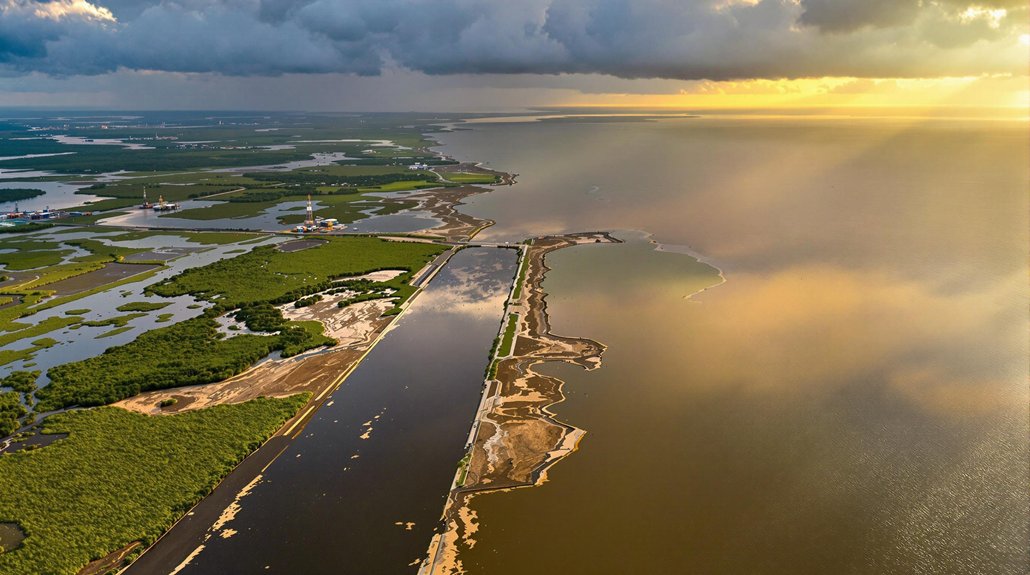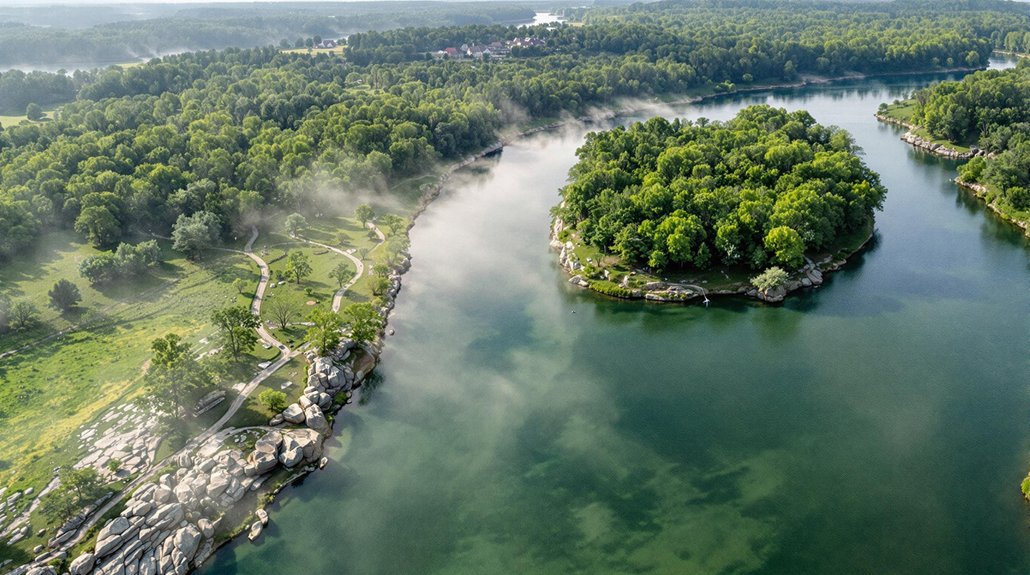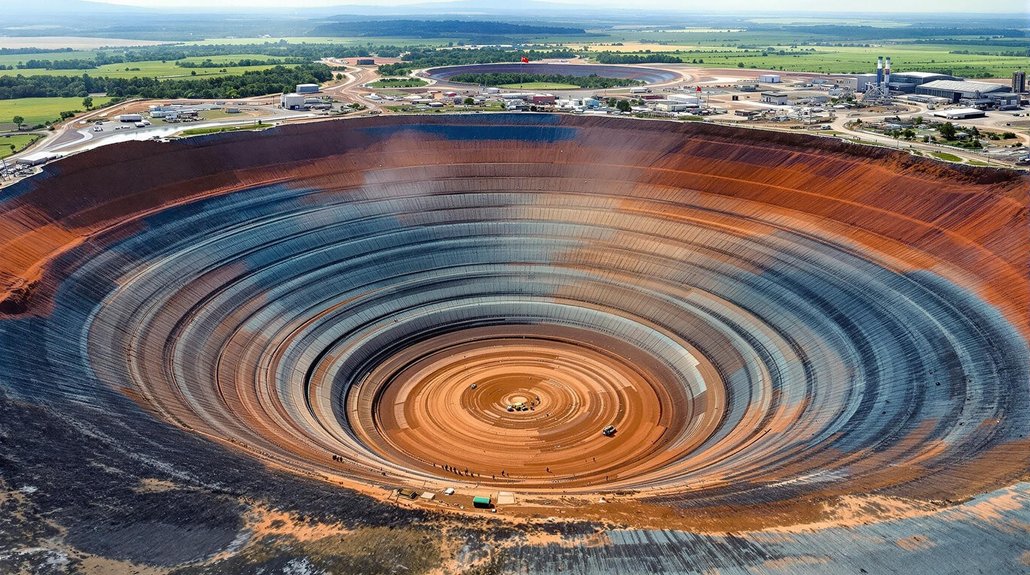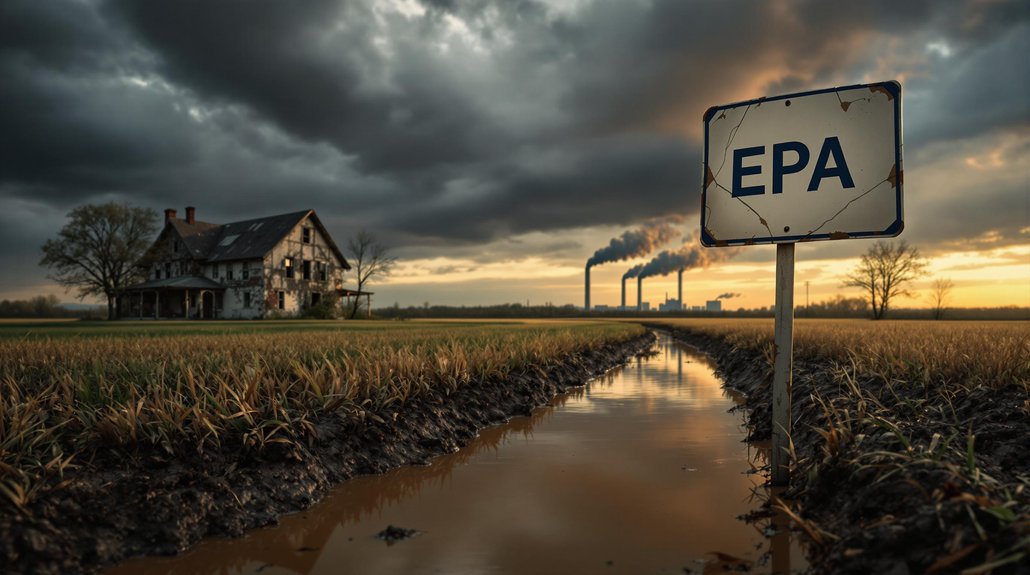The world’s wealthiest citizens have driven the climate crisis over the past three decades. Since 1990, elites in rich nations have produced two-thirds of harmful emissions through their consumption habits. They’ve burned fossil fuels at rates far exceeding those in developing countries. While some progress has been made to reduce emissions, the gap between rich and poor nations remains stark. This inequality raises important questions about who should bear the greatest responsibility for solving our warming planet.
Why do wealthy nations bear a special responsibility for the climate crisis? The answer lies in history and ongoing consumption patterns. Since the Industrial Change, wealthy nations like the United States, Europe, Russia, and Japan have released most of the carbon dioxide now warming our planet. These countries got a head start by burning fossil fuels while developing their economies.
Looking at emissions since 1990, the picture becomes clearer. While global emissions have increased by 56.6% overall, many rich nations have actually reduced their pollution. The US has cut its greenhouse gas emissions by about 3% since 1990, with a notable 10.32% drop between 2019 and 2020. However, these reductions haven’t been enough to offset rising emissions elsewhere. Consumption-based emissions accounting shows many wealthy countries are net importers of emissions through international trade.
What’s often overlooked is the gap between rich and poor nations in per capita emissions. Citizens of wealthy countries use far more energy and resources than those in developing nations. The top three emitting countries generate 15 times more carbon per person than the bottom 100 nations combined. Even though India ranks high in total emissions, its per-person footprint remains relatively small.
The sources of these emissions tell an important story. Wealthy nations primarily generate carbon from energy use, transportation, and industry. The energy sector alone contributes 76% of emissions globally, highlighting where reduction efforts must focus. Many have shifted to cleaner energy sources and improved efficiency. However, they’ve also outsourced carbon-intensive manufacturing to developing countries, effectively exporting their emissions.
Policy efforts in rich nations have shown some success. Europe and the United States have implemented carbon reduction targets and emissions trading systems. Yet global emissions continue to rise as developing economies grow. The renewable energy boom offers hope, with renewables surpassing coal and projected to provide 42% of electricity worldwide by 2028.
The climate crisis highlights questions of fairness. The bottom 100 countries contribute just 2.9% of current emissions but often face the worst climate impacts. Developing nations argue that wealthy countries should lead reduction efforts and provide financial support, given their historical responsibility. This remains a central tension in global climate negotiations.
References
- https://ourworldindata.org/co2-and-greenhouse-gas-emissions
- https://www.epa.gov/ghgemissions/sources-greenhouse-gas-emissions
- https://www.wri.org/insights/interactive-chart-shows-changes-worlds-top-10-emitters
- https://www.macrotrends.net/global-metrics/countries/USA/ united-states/carbon-co2-emissions
- https://www.carbonbrief.org/analysis-which-countries-are-historically-responsible-for-climate-change/
